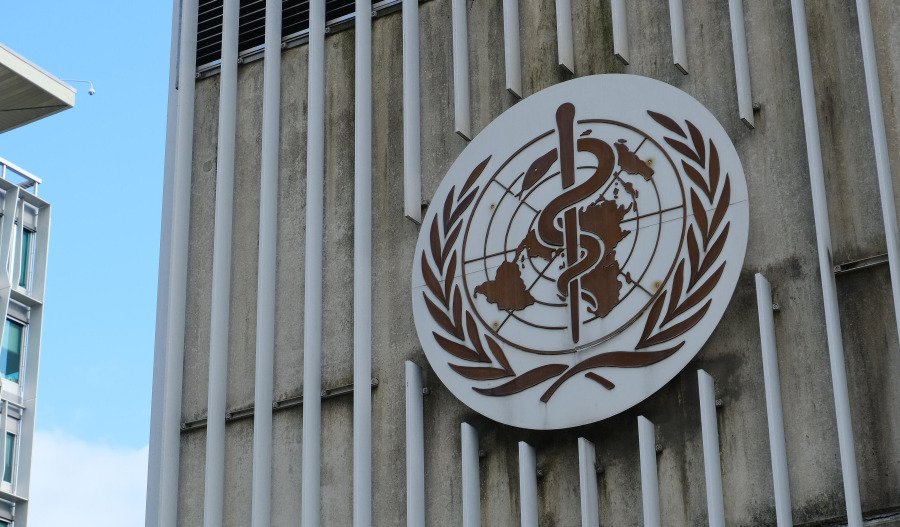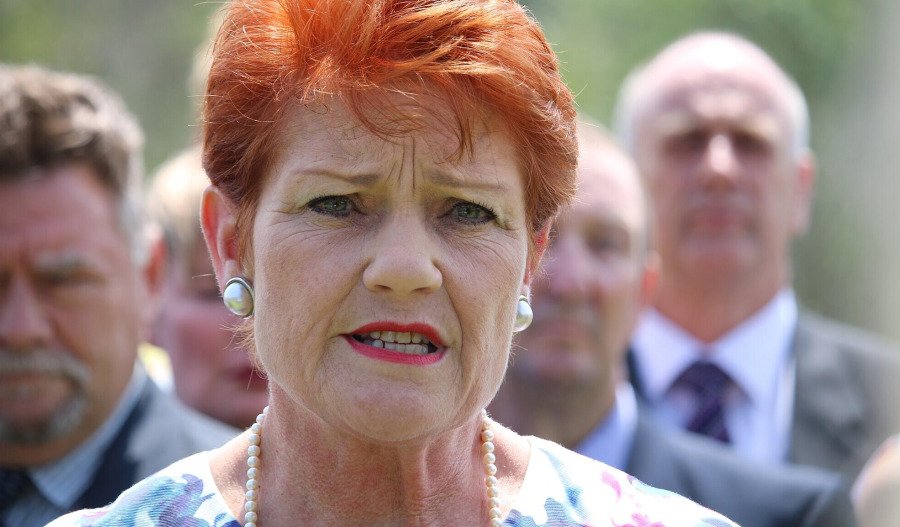The United States has formally notified the United Nations Educational, Scientific and Cultural Organization (UNESCO) of its intent to withdraw from the organisation by 31 December 2026, marking its third departure in history.
White House Deputy Press Secretary Kelly posted on X: “President Trump has decided to withdraw from UNESCO – which supports woke, divisive cultural and social causes. The President will always put America First. Our membership in all international organizations must align with our national interests.”
UNESCO Director-General Audrey Azoulay (pictured) expressed deep regret, stating that the move undermines multilateralism and could disadvantage U.S. communities seeking World Heritage status and academic collaboration.
Azoulay pointed out that the withdrawal was anticipated and that UNESCO had taken steps since 2018 to diversify its funding.
The U.S. now contributes just 8% of the agency’s budget.
Voluntary contributions have doubled over the past seven years, and UNESCO’s overall budget has grown.
Despite the financial impact, Azoulay pledged that UNESCO would continue its work in Holocaust education, AI ethics, cultural preservation, and girls’ education. These are areas praised by American institutions like the U.S. Holocaust Memorial Museum.
The Trump administration cited UNESCO’s 2011 decision to admit Palestine as a member state as a key reason for the withdrawal. It called it “highly problematic” and accused the agency of fostering anti-Israel rhetoric.
This echoes Trump’s first withdrawal from UNESCO in 2017, which was reversed by President Biden in 2023.
The State Department reiterated that UNESCO’s stance on Palestine and its alignment with UN Sustainable Development Goals contradict U.S. policy interests.
Azoulay rejected the accusations, stating they contradict UNESCO’s record, particularly in Holocaust education and combating antisemitism.
She noted that UNESCO’s work has been endorsed by American Jewish organisations and that political tensions have eased since the last U.S. exit.
UNESCO remains committed to its mission and will continue engaging with American partners in academia, nonprofits, and the private sector. In addition, it will maintain dialogue with the U.S. government.
Historically, the U.S. helped found UNESCO in 1945 but withdrew from it in 1984 under President Ronald Reagan over concerns about mismanagement and anti-American bias.
It rejoined in 2003 under George W. Bush, withdrew again in 2017 under Trump, and re-entered in 2023 under Biden.
This latest exit continues a pattern of fluctuating U.S. engagement with international institutions, reflecting broader ideological divides over global governance and diplomacy.



